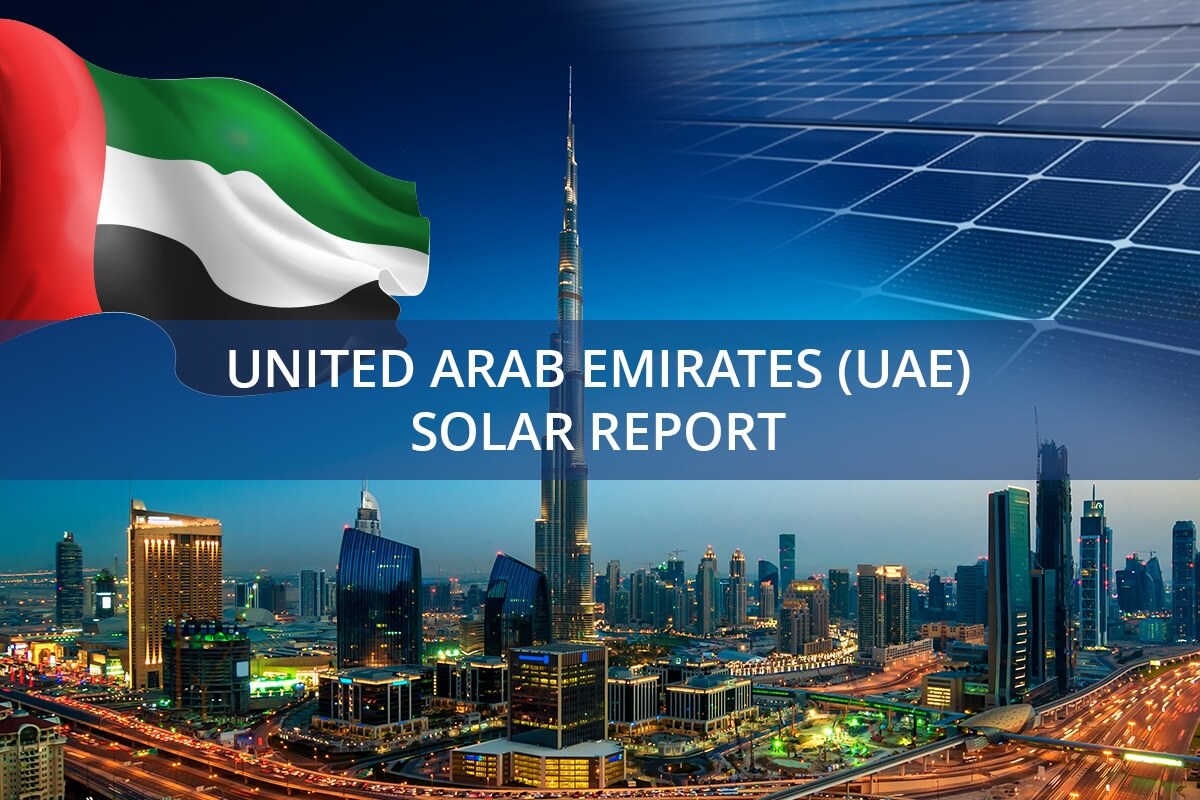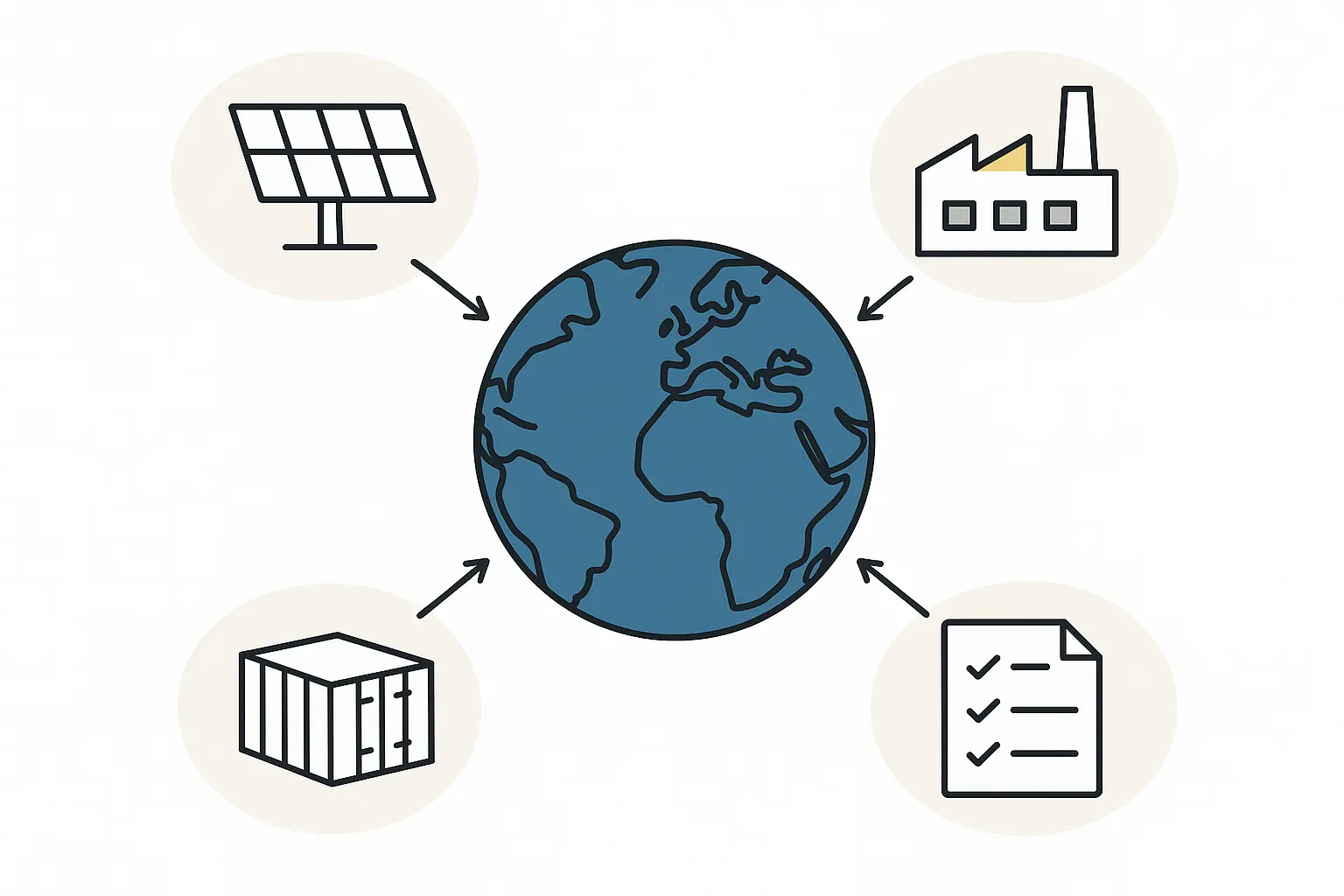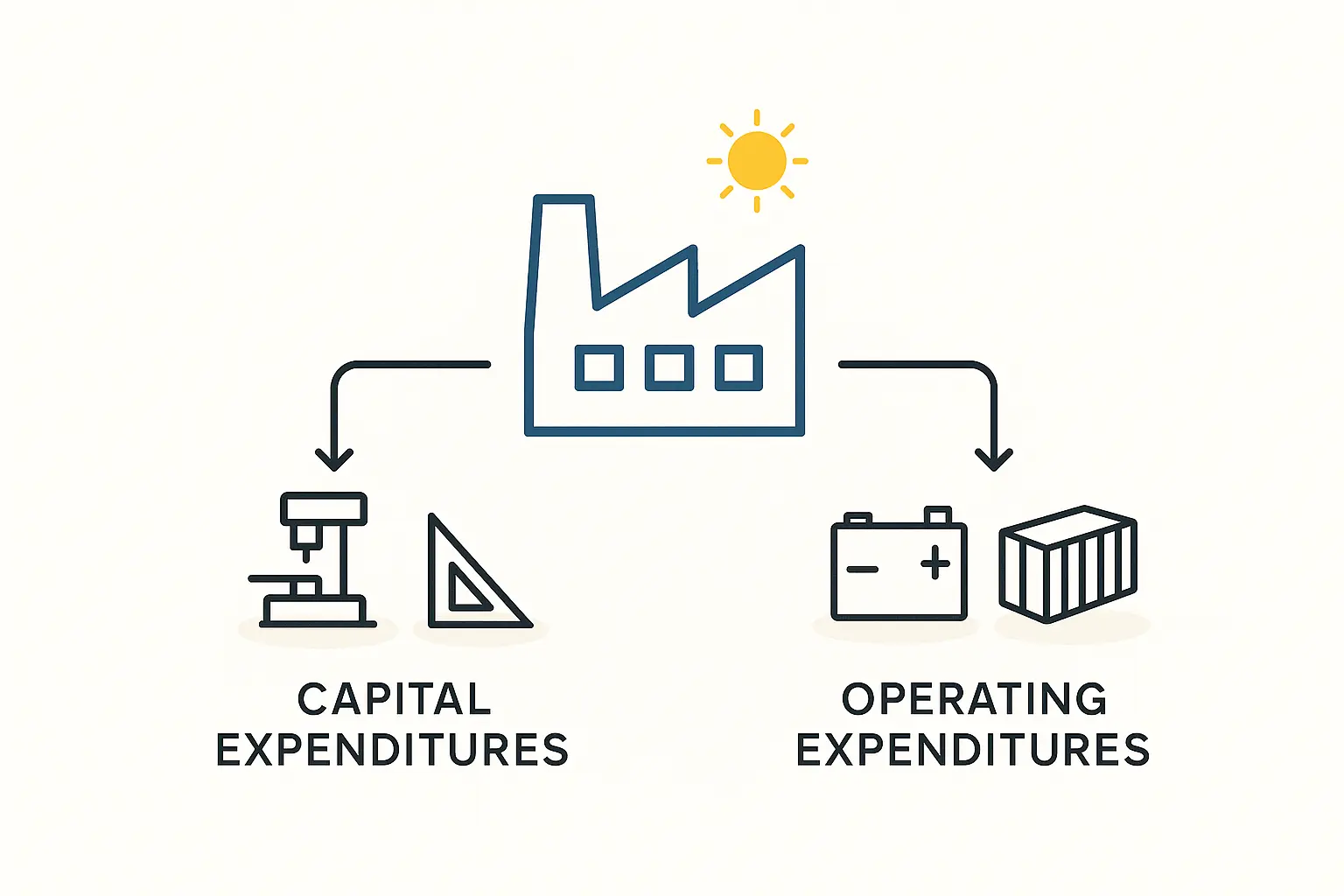The United Arab Emirates (UAE) is set to add 800 megawatts of solar power capacity in 2025 as it advances its renewable energy initiatives. This expansion, as highlighted in resources like PVKnowhow, will support the UAE’s long-term goal of achieving net-zero emissions by 2050.
UAE Solar Power Capacity Expansion
The UAE is making significant progress in expanding its solar power capacity as part of its broader renewable energy strategy. According to Dawood Al Shezawi, President of Strategic Marketing and Exhibitions, the UAE plans to add 800 megawatts (MW) of solar power capacity in 2025. This expansion is a key part of the UAE’s commitment to achieving net-zero emissions by 2050, aligning with the country’s long-term vision for sustainable development. Articles on UAE solar energy growth further detail this impressive expansion.
As of 2024, the UAE had already installed 3.9 gigawatts (GW) of solar power capacity, making it a major solar energy producer in the Middle East and North Africa (MENA) region. This capacity represents a significant portion of the UAE’s total power generation capacity. The UAE’s focus on solar energy is driven by its abundant sunlight, making it a prime location for harnessing this renewable resource.
Flagship projects like the Noor Abu Dhabi Solar Park, with a capacity of 1.17 GW, and the Mohammed bin Rashid Al Maktoum Solar Park in Dubai, with a planned capacity of 5 GW by 2030, showcase the UAE’s commitment to large-scale solar energy development. You can find more information about the expansion of the Mohammed bin Rashid Al Maktoum Solar Park at this link.
UAE Solar Power: The Path to Net-Zero
The UAE’s strategic focus on solar power is a crucial component of its broader renewable energy strategy. The country aims to generate 20 GW of solar power by 2030, solidifying its position as a leader in the global energy transition. The UAE’s solar projects not only contribute to its energy security but also significantly reduce greenhouse gas emissions.
The UAE’s commitment extends beyond solar, with investments in wind, geothermal, biomass, and hydropower projects, creating a diversified energy mix crucial for achieving its net-zero emissions target by 2050.
The UAE has also been proactive in developing supportive policies and regulations. The country’s Energy Strategy 2050 aims to increase the share of clean energy in the total energy mix to 50 percent by 2050. This strategy is bolstered by initiatives such as the Abu Dhabi Sustainability Week and the World Future Energy Summit, platforms for promoting renewable energy solutions.
UAE’s Global Leadership in UAE Solar Power
The UAE’s ambitious solar projects have garnered international attention. Its large-scale solar farms and growing capacity demonstrate a commitment to sustainable development and a greener future. The UAE’s focus on solar is part of its broader strategy to become a global leader in renewable energy, serving as a model for other nations transitioning to clean energy sources. More information on the UAE’s solar leadership can be found in articles focusing on renewable energy in the UAE.
The UAE’s progress in solar energy isn’t solely about meeting its own needs; it’s also about contributing to global efforts to combat climate change. The UAE’s leadership in renewable energy is helping to drive the global energy transition, and its success in expanding its solar power capacity demonstrates its commitment to a sustainable future. The planned 800 MW addition in 2025 is a significant step toward achieving these goals, further strengthening the UAE’s position as a global leader in the transition to clean energy.



